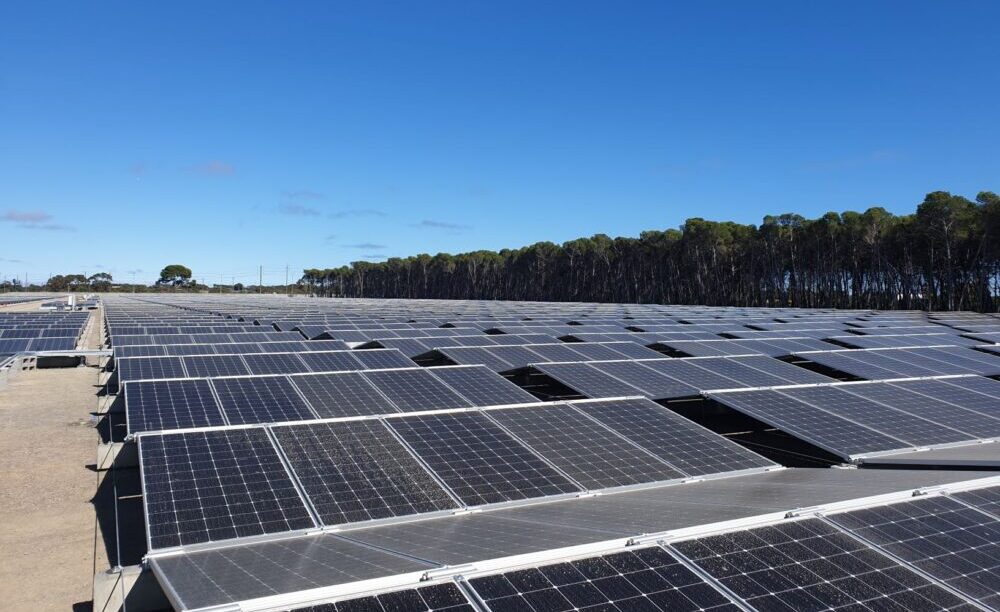
Global carbon dioxide (CO2) emissions from fossil fuels have reached a record high in 2024, according to the latest Global Carbon Budget report.
Compiled by leading international research organisations, including Australia’s CSIRO, the report provides a comprehensive overview of the global carbon cycle and highlights both natural and human-induced emissions.
Despite the growing adoption of renewable energy sources, CO2 emissions from fossil fuels have continued to rise, marking a 0.8 per cent increase from 2023 and resulting in a projected total of 37.4 billion tonnes of CO2 emitted into the atmosphere this year.
Dr Pep Canadell, Executive Director of the Global Carbon Project, emphasised that while there has been significant progress in renewable energy adoption, it has not been sufficient to counteract the increase in fossil fuel emissions.
The report also notes that emissions from land-use changes, such as deforestation, have decreased on average over the past decade, contributing to a stabilisation of total emissions from both fossil fuels and natural sources over the same period.
The data reveals that coal remains the largest contributor to global fossil CO2 emissions at 41 per cent, followed by oil at 32 per cent, and gas at 21 per cent.
China is the largest emitter, responsible for 32 per cent of global CO2 emissions, with the United States, India, and the European Union following at 13 per cent, 8 per cent, and 7 per cent respectively.
Despite these increases, some regions, including Australia and the European Union, have reported declines in their CO2 emissions.
The report warns that atmospheric CO2 concentrations are expected to reach 422.5 parts per million by the end of 2024 — 52 per cent above pre-industrial levels — posing an increased risk of surpassing critical climate thresholds.
The Global Carbon Budget estimates a 50 per cent chance of exceeding the Paris Agreement’s target of limiting global warming to 1.5 degrees Celsius within six years if current emission rates persist.
This year’s findings were presented at COP29 in Baku, Azerbaijan, underscoring the urgent need for coordinated global efforts to achieve net zero emissions and mitigate climate change impacts.
The report serves as a critical tool for policymakers worldwide, providing evidence-based insights necessary for shaping effective climate strategies.








